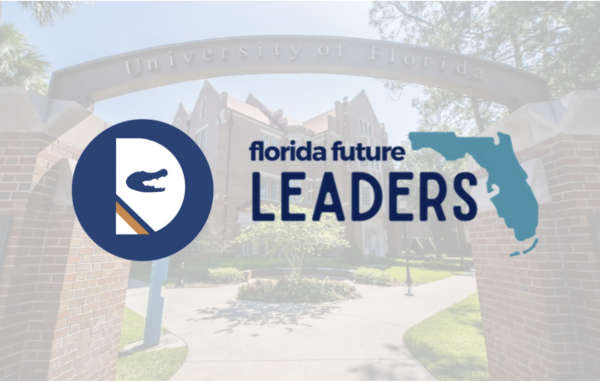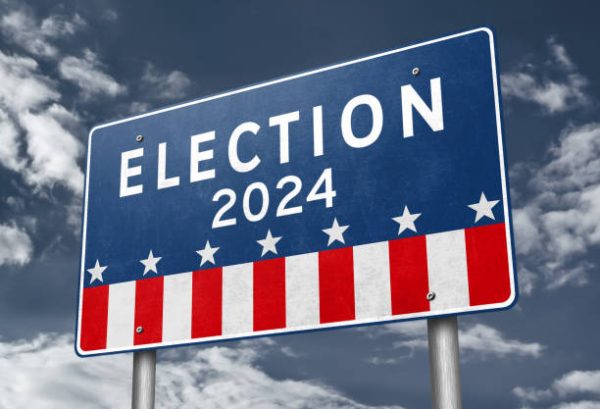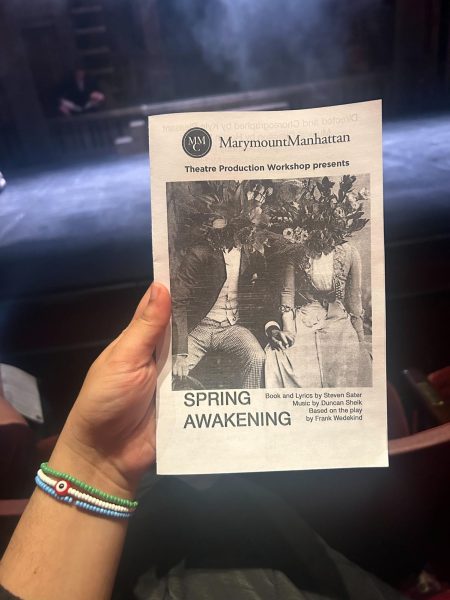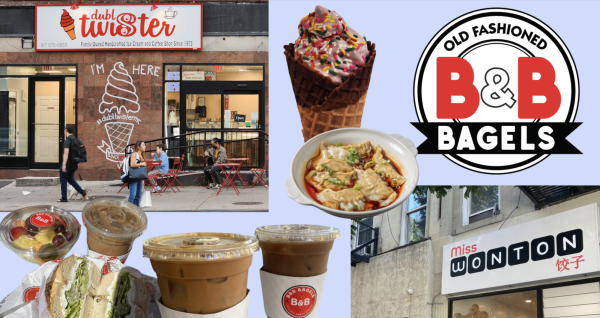Stand Up Against APIDA Hate
Reading Time: 3 minutesAlmost two months ago as we begged for a semblance of normalcy in the times of COVID, we were rudely awakened by the harsh truths of our non-pandemic reality.
On March 16th, six women of Asian descent were killed in shootings at three spas in the Atlanta area. But this is not the only hate crime the APIDA (Asian Pacific Islander Desi American, also known as AAPI or Asian American Pacific Islander) community has faced during COVID. Hate crimes against APIDA identifying people in U.S. cities increased by around 150%, according to the Center for Study of Hate and Extremism. In New York City alone, crimes against the APIDA community have jumped 833%.
This is not an anomaly. Anti-Asian hate has been prevalent in our community before former president Donald Trump incorrectly pointed a finger at China and called COVID-19 the “Chinese Virus.” We’ve seen this behaviour before. During the time of Smallpox when the term “Sick Man of Asia” was first introduced and again during the Geary Act of 1892. An action that extended the Chinese Exclusion Act; banning immigration from anyone who looked Chinese.
From kicking us off our own land in Hawaii and the Philippines to withholding the right for us to vote until 1952, the United States government has consistently found ways to alienate us and make us feel less than. And in the time of COVID, these aggressions have escalated to direct violence against members of our community. Our elders are scared for us to leave the house and young APIDA-identifying people worry about them in turn. We worry about the permanence and authenticity of beloved neighborhoods like Chinatowns, K-Towns, and Little Manilas.
The anger and hatred in which these acts are rooted stem from incorrect, or even lack of, representation of our community. Should Western media not pin blame on us using the Sick Man of Asia stereotype, they perpetuate the Model Minority myth. A harmful stereotype that is weaponized to create a racial divide amongst non-white communities. Even in entertainment, roles that should be for APIDA actors become stereotyped or even white-washed. Should we not be pigeonholed into villains, prostitutes, or the model minorities, Hollywood erases us completely by giving roles like Motoko Kusanagi in “Ghost in the Shell” to white women like Scarlett Johansson or even doing both and giving white men like Mickey Rooney a caricature of an Asian person in his portrayal of Mr. Yunioshi in “Breakfast at Tiffany’s.”
So now we stand here at the start of APIDA month and in our own MMC community, APIDA week. At Marymount, we love to pride ourselves on our diversity. Even going so far as to use the term APIDA and not AAPI in order to recognize and acknowledge the Desi community that is sometimes overlooked during this month. The APIDA experience and identity is not a monolith. There is not a certain way to look, act, or experience life. We travel through our journey with identity in diverse ways. We protest against AAPI hate and stand in solidarity with our fellow BIPOC students in spaces like Broadway United for Racial Justice because the artists in our community are being overshadowed by our white peers that dominate our industries. Right here, our APIDA students have witnessed racial injustice both in our classrooms and in our professional spaces. So for a school that prides itself in diversity, equity and inclusion, why are we not standing with the communities that are hurting in our school? As we continue into APIDA month, ask yourself how you can support and uplift the APIDA peers in the communities you participate in. Not just this month, but every day.





